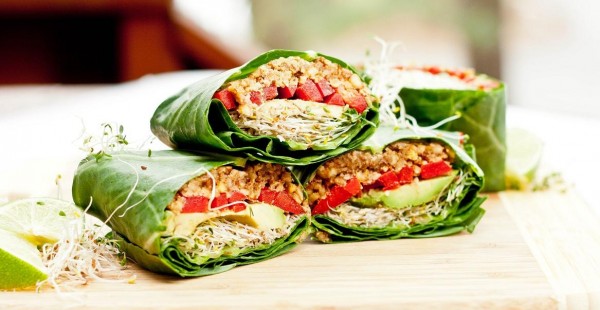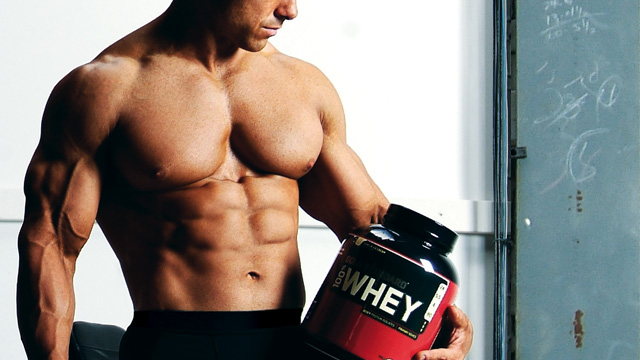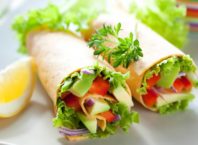One mistake that many people often make is referring to a vegetarian diet as a vegan diet or vice versa.
While there are a number of similarities in each approach, there are also a number of differences as well that you should be well aware of.
Vegan diets do tend to be much more restrictive than vegetarian diets do, so understanding what can be consumed on this diet and the main protein sources to eat daily will ensure that you are meeting your nutritional requirements with ease.
Let’s have a look at the main points to note about vegetarian and vegan diets.
The Differences
When someone refers to a ‘vegetarian’, they refer to a person who avoids eating any products that resulted in the direct death of an animal.
There are different classifications of vegetarians out there and they are classified by what they will and will not eat.
Lacto vegetarians are those who will consume dairy products in their diet plan while ovo-vegetarians are those who will eat eggs.
In addition to that, some people define themselves as pescatarian, which is someone who will eat no animal products except for fish.
Pure vegetarians don’t consume any products that are derived from an animal therefore fish, eggs, and dairy would all be cut out.
Then, to take things one step further you have the vegan eaters, and these are individuals who are vegetarian but who also don’t use any type of products that have come into contact with animals.
Therefore they won’t consume gelatin or honey and won’t wear any clothing that’s wool, fur, or leather.
These are individuals who try and lead a completely animal-free lifestyle so use nothing that has been created at the expense of an animal.
Maintaining Balance On Vegan Diets
When using a vegan diet, since you will be more restricted than on some of the other vegetarian variations mentioned above it becomes even more important to plan properly so you aren’t missing out on key nutrients needed for balance.
Fortunately more food manufacturers are coming out with vegan versions of food products such as hot dogs, mayonnaise, cheese, and ice cream so it’s becoming easier to survive on this restricted diet.
The primary food sources that you’ll want to turn to when on a vegan diet include fresh fruits and vegetables, nuts, seeds, legumes, and oils, grains and potatoes, as well as soy products, tofu, tempeh, and beans.
Tofu, tempeh, and soy products should be emphasized if possible each meal as these are the foods that contain the highest concentration of protein so will be the ones that will be best for meeting your protein requirements.
Avoid eating only fruits, vegetables, and grains all day long like some vegans do otherwise you will definitely experience nutritional deficiencies and could set yourself up for long-term health problems down the road.
On a vegan diet it would also be a good idea to supplement with a vegan multi-vitamin as this will help provide back-up support in case you are short in any given nutrient and put your mind at ease.







